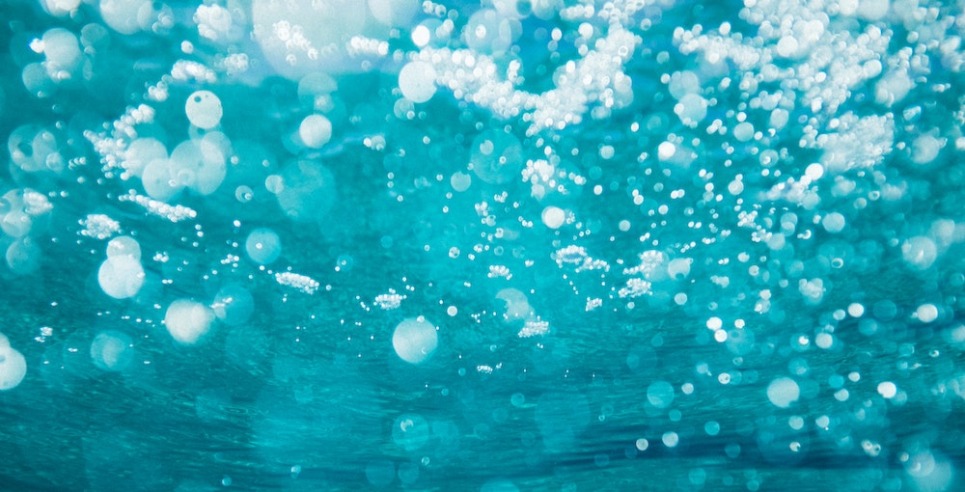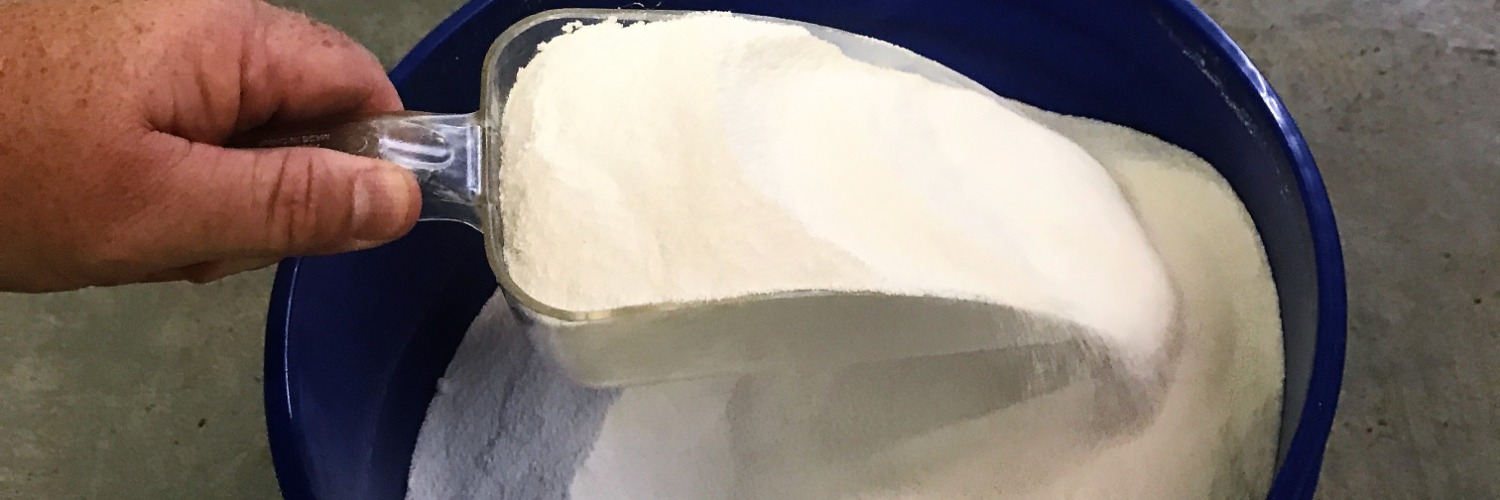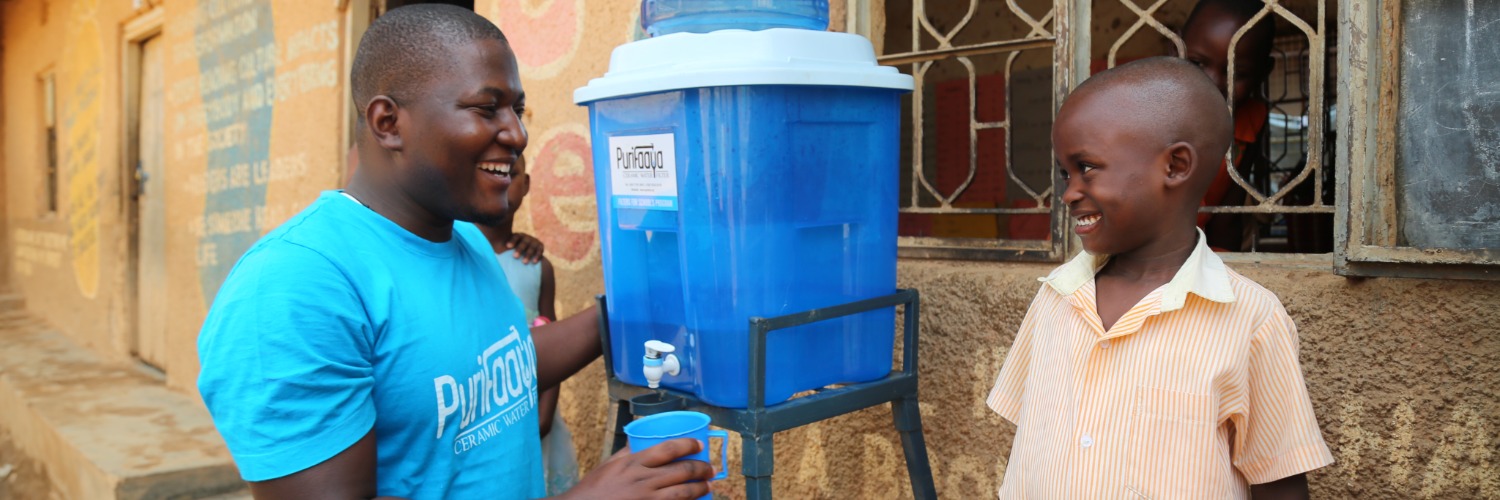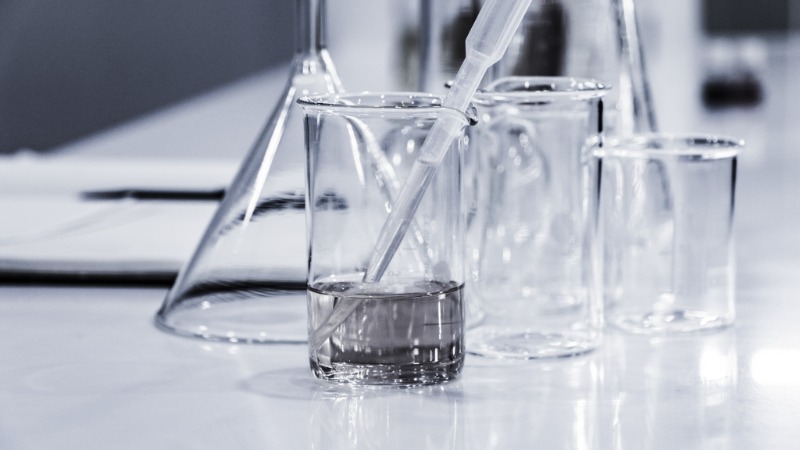Insights - July 10, 2020
Water crisis: clean solutions to rethink the way we manage freshwater


Written by Tristan Lebleu 6 min read
The world faces a water crisis. But entrepreneurs are developing innovative technologies to ensure everyone has access to clean and sustainable water.
In the early days of Covid-19, governments and public authorities all over the world insisted on the importance of washing our hands vigorously multiple times per day. For most of us, this seemed like an easy task. However, for the 785 million people who still lack access to safe water, it was nearly impossible.
Water is indeed our most precious resource, as our lives depend directly on its availability, some referring to it as “the Blue Gold”. It is therefore a major factor of inequality, between those who have access to it and those who don’t. Poor access to clean water and sanitation is directly linked to many issues. Regarding health, an estimated 1 million people die each year from hygiene-related diseases due to lack of water and sanitation ; diarrhea - often due to unsafe water - is the 3rd cause of child mortality.
Lack of water and sanitation also causes major economic losses as it forces individuals to spend hours collecting water - a burden predominantly undertaken by women and children - rather than contributing to economic development. Children who must walk for hours to get safe drinking water cannot attend school and are locked in poverty. An estimated $260 billion is lost globally each year due to lack of basic water and sanitation.
"Water is a matter of life and death"
Antonio Guterres
For all these reasons, improving access to water has become a priority for many organizations around the world. The UN has made it one of its Sustainable Development Goals for 2030: SDG6 “Ensure availability and sustainable management of water and sanitation for all”. As Antonio Guterres phrased it in simple words at the launch of the International Decade for Action: Water for Sustainable Development: “Water is a matter of life and death”
While H2O is one of the most precious elements of the world, it has been globally mismanaged since the beginning of the Industrial Revolution. Even though many people believe it is an infinite resource, and even if we call our Home “the Blue Planet”, it is important to remember that only 2.5% of the world’s water is freshwater, the rest being improper for human consumption and agriculture. And only one percent of that freshwater is easily available.
Population growth, rapid urbanization, global mismanagement of freshwater sources and water pollution due to human activities has led to a situation known as “the water crisis”. Oil spills and leaks, plastic pollution, hydraulic fracturing (“fracking”), discharges from factories, hazardous chemicals are just some of the reasons for degradation of water quality. Last but not least, extreme climate events also lead to water pollution, with an increase of polluted runoffs from urban and agricultural areas, as well as floods and droughts.
Even though we are off track to meet SDG6, solutions exist to help us get there. Whether by preventing water pollution, reducing leaks and wastage, improving wastewater treatment or preserving aquatic ecosystems. With a combination of behavioural changes, ambitious policies, and clean technologies, we can reverse this trend. In 2019, an optimistic documentary featuring Matt Damon, Brave Blue World, highlighted new technologies and innovations to rethink how we manage water, including Hydraloop, a labelled Solar Impulse labelled solution.
At the Solar Impulse Foundation, finding solutions for better access to safe water and sanitation has been one of our priorities since the launch of the Efficient Solutions Label and our #1000solutions Challenge. Our portfolio of clean and profitable solutions currently counts 125 solutions related to SDG6. And we are looking for many more!
For Bertrand Piccard, Chairman of the Solar Impulse Foundation, preserving water is also a personal story. “Protecting our freshwater and guaranteeing universal access to drinking water is a mission in which I firmly believe. Not only because it is a cornerstone of sustainable development and reduction of inequalities, but also because of family legacy, as my father’s discovery of biodiversity in the Mariana Trench stopped governments from dumping radioactive waste in the oceans” declared Bertrand Piccard.
Here are some of the clean and profitable solutions labelled by the Solar Impulse Foundation which aim to tackle the water crisis.
Hydraloop, a residential greywater recycling system

Hydraloop is an in-house greywater recycling system that recycles 85% of mains water, reduces the sewage load and saves energy. The technology works without using a filter, membrane or chemicals. The treatment system combines five technologies to remove dirt, soap and other particles from the water: sedimentation, flotation, dissolved air flotation, enforced skimming, and an aerobic bioreactor. Consumers can then decide and prioritise for which purpose they want to reuse their Hydraloop water. Hydraloop saves 86’000 liter per year for a family of four.
Building-scale wastewater treatment by Epic CleanTec

This solution redefines urban wastewater by decentralizing treatment into individual buildings. Epic's on-site solids recovery and treatment system diverts wastewater organics from the municipal sewer, easing the load on utilities and saving buildings money. This wastewater treatment system collects and processes all of a building's wastewater, recovering the organic solids and converting them into high quality soil amendments that can be used to grow crops, enhance gardens, and beautify green spaces. The separated water, with the solids now removed, can be easily treated and reused onsite for undrinkable applications, including toilet flushing, irrigation, and cooling towers. It can help reduce a building’s water demands by 50-95% and diverts greenhouse gas emitting organics from landfill.
Aqua Assist - Biocatalyst for wastewater sludge reduction

Aqua Assist boosts microbial activity in any wastewater treatment facility of any size and is designed to prevent sludge production up to 70+%. The biocatalyst accelerates microbial activity and the degradation of organic matter through biological digestion – either aerobic and anaerobic depending on the application. Aqua Assist has been successfully applied to wastewater treatment and industrial pig farms, remediating sludge and manure. Biosolids reduction between 30% and 70+% has been repeatedly observed as the main impact of using the solution. In addition, findings from university studies include odor and hydrogen sulfide reductions of up to 43% and 50% respectively.
Purifaaya by Spouts of Water - Water filters for sustainable and safe drinking water

Made from locally produced ceramic, Purifaaya allows Uganda and East Africa to have access to safe and pure water, without boiling it. This filtered water is cheaper than water boiled by fuel like charcoal or firewood. Thanks to ceramic filtering properties, this filter eliminates 99.99% of E. coli at a rate of 2-4 liter per hour. Research also showed that this filter divided by two the diarrheas risks in the households. The Purifaaya filters are accessible directly to the end-user through a Direct-to-Consumer (D2C) model or through partnerships with traditional retail channels, micro-finance institutions that offer financing options, and government/development agencies that install filters in public spaces such as schools, health centers, and refugee camps.
AquaREAL by BiOceanor - An aquatic connected weather station for water quality monitoring

AquaREAL is dedicated to environmental monitoring and especially to water quality monitoring. This solution detects water pollutants in real-time and predicts the emergence of pollutants up to 48 hours in advance. AquaREAL is a solution that integrates into the concepts of blue economy and also into a more sustainable water management. Today, to monitor a beach water quality, samples are made once every week and results can be available only 48h later, when it’s too late! This predictive solution can immediately signal a risk of contamination. Direct or preventive measures can be taken accordingly. It is capable of analysing up to 15 parameters in different kinds of environment (saltwater or freshwater) and to transmit data in realtime with LoRaWan or Iridium technology. It will also learn from the data with AI algorithms, and make predictions about how the water quality will evolve in the next hours for better anticipation.
Recently, a team of scientists analyzed the main freshwater reservoirs of the ancient mayan city of Tikal. Their research led them to the conclusion that the city was abandoned because their freshwater sources were highly contaminated. The study, published in the journal Nature, stated that “Understanding civilizations of the past and how they emerge and eventually falter is a primary research focus of archaeological investigations because these provocative data sets offer critical insights into long-term human behavior patterns”. Humanity must act decisively now to avoid the same fate.

Written by Tristan Lebleu on July 10, 2020


